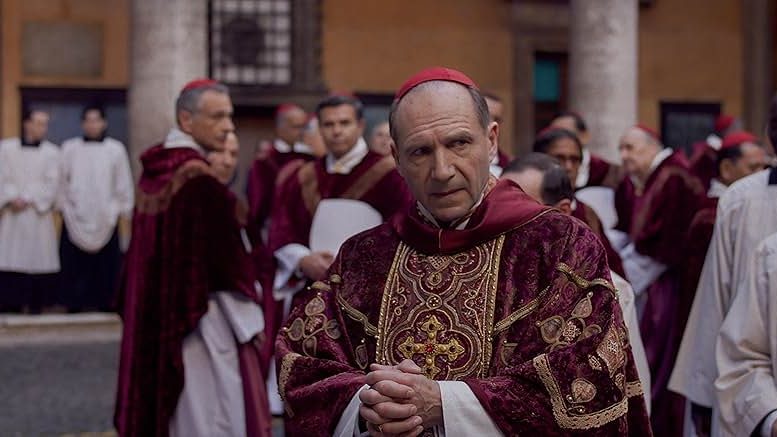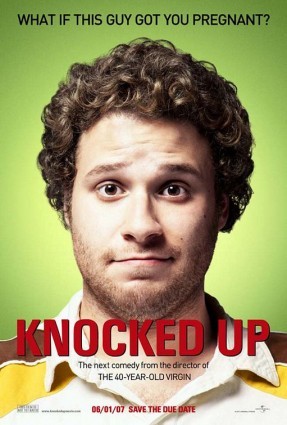When a pope resigns or dies, a papal conclave is held to gather cardinals from around the world to elect a new pope. This is a secretive process — it is imperative that the cardinals are cloistered in the Vatican without any access to the outside world until a new pope is elected. What happens during the conclave is strictly confidential.
The mystery of this sacred election is investigated in Conclave, a drama-thriller based on Robert Harris’s 2016 novel of the same name. Intrigued by the trailer, I was eager to watch the film, which premiered in theatres on Oct. 25. My high expectations were met.
The movie tells the fictional story of Cardinal Lawrence (Ralph Fiennes), tasked with overseeing the election process. As he navigates the process, sinister secrets and rumours about the candidates emerge. Determined to prevent dangerous men from becoming pope, Lawrence works to expose their hidden flaws.
The plot is gripping and does an excellent job carrying tension all throughout the film. There is tension between Lawrence’s struggle with his faith and duty of being the dean of the cardinals, but also between the different political, ethnic and cultural factions within the college of cardinals. After the new pope is elected, Lawrence discovers he is intersex — a revelation that raises a moral conundrum, as the Catholic church’s doctrine dictates that the pope must be male.
Timothy Penner, who teaches courses in Catholic film and literature at U of M, enjoyed the film for its riveting plot.
“I liked [Conclave] a lot. It reminded me of a lot of these kind of 70s political thrillers, things like All the President’s Men[…] where you have obviously a very cloistered group, as you have in this movie, and sort of these high-stakes and investigations,” he commented.
Penner points out that the film is also interesting because it portrays the complex relationship between a religion, its institutions and the world.
“I use that term ‘messy’ [to describe the film], and I think that’s what makes films that deal with religious institutions and Catholicism in particular very interesting, is that, these are two very different worlds,” he said. “[There is] the high-minded church where it’s full of rules and regulations […] And then the reality of the world, which is very different.”
According to Penner, the cardinals are sequestered in the Vatican and faced with the pressures of the Church to be holy men, but they never escape worldly events — in one scene, a bomb literally busts through the walls of the Sistine Chapel from above, which also acts as a metaphor for Lawrence’s internal struggles.
Unsurprisingly, Conclave received backlash from the Catholic community because some saw the film as a mockery of the papal conclave and a jab at Catholicism. However, Penner points out any religion is made up of flawed human beings, and human flaw is what makes film possible.
“You don’t have to go too far into any particular faith, tradition, or political ideology, or anything like that to realize [that it] is made up of human beings who are flawed, right? And who are political, and who are ambitious […] So to portray that on screen would be an attempt at trying to get at the reality of it […] And it’s how you make a movie,” he said.
“If this was about a bunch of perfect cardinals carefully weighing out all the options, then you wouldn’t have a movie to begin with, but to me, that is the most interesting part, is that you have imperfect people in charge of this thing.”
Ultimately, Penner said the film reflects the human condition, even within religious institutions.
“Any religion is a human construct, and as much as it may strive for some sort of ideal, communion with God […] ultimately, it’s at the mercy of the humans who are controlling it, and that’s what we see in this movie,” said Penner.




